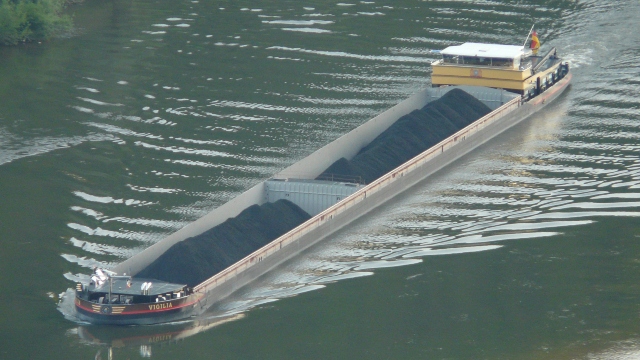David Stockman on War with Iran, Oil, and the 2020 Election
by Doug Casey, International Man:

International Man: The United States and Iran appear to be closer than ever to war. Where do you think this is headed, and what would the consequences of a war with Iran be?
David Stockman: If it ever really happened in a hot-war sense, it would be catastrophic, because everything in the Persian Gulf would be sunk.
There would be massive amounts—tens of thousands of tons—of metal clogging up the Strait of Hormuz from all these sunken ships, both ours and theirs.
The oil fields on the eastern Persian Gulf of Saudi Arabia would be in ruins, and so would most of Iran. Obviously, it would be catastrophic, because the price of oil would shoot to $200 or $250 a barrel—and the world economy would buckle. The governments would then go crazy printing money—stimulating and borrowing. That would be the ultimate Armageddon. But I don’t really think it’s going to happen.
At least the Saudis appear to be rational enough to avoid a hot-war escalation, even though the crown prince has proven he’s a bit of a hot head, he’s impulsive, and he’s gotten them into places they had no business engaging. The Yemen thing is a catastrophe for them and they’re beginning to see that, but I think we can read the tea leaves.
After the Saudis were attacked right in the heart of their oil production complex, they didn’t counterattack Iran. They’re trying to organize a coalition of willing countries—and there aren’t too many people willing to get in the middle of it, especially the Europeans. So, I think there’s a little bit of hope there that somehow this thing will drag along in a rhetorically heated but not militarily engaged sense.
On the other hand, this whole situation is due to the fact that people who basically are part of what I call the Israeli branch of the War Party convinced Donald Trump that the Iran nuke deal was the worst deal ever made—when it was one of the best deals ever made.
He tore it up under the influence of John Bolton and Mike Pompeo and all the rest of these neocon creeps—I want to use the strongest language I can. They not only convinced him to walk away from it—which was totally imprudent and stupid—but then to reengage in the most vicious economic-sanction campaign ever.
It’s just flat out economic war designed to destroy Iran’s economy. The heart of the Iranian economy is their energy: natural gas and oil.
Without exports, they can’t earn the money to keep their economy going. Yet what the US is doing is harassing and hounding every country in the world, every company, every port where oil tankers can be berthed to not take Iranian oil, not buy Iranian oil—on threat of severe secondary sanctions from the United States.
This is extremely nasty stuff. This is imperial arrogance beyond belief. That’s the reason we have this tense and dangerous situation in the Middle East today. At some point, the Iranians have to find ways to fight back, or their economy is going to be destroyed and their people are going to suffer badly.
The reason I bring it up, though, is because it’s the opposite of America First. Trump came in wanting America First, but are the Iranians a threat to homeland security, really?
Iran has a GDP of $450 billion. Their defense budget is about $15 billion. The US government wastes that amount about every seven days at the Pentagon.
Iran has no long-range missile capacity. They have no blue-water navy. Their missiles have a range that maybe can get to Rome but certainly not most of Europe—to say nothing of North America.
They’ve never threatened to attack North America. They’ve said, “If you do harm to us, you’ve got all these forces in our neighborhood. We’re going to have to retaliate.” They’re not a threat to the American homeland—and if we didn’t have imperial forces domiciled all around their neighborhood, they wouldn’t be a threat to any American.
Read More @ InternationalMan.com
Loading...



